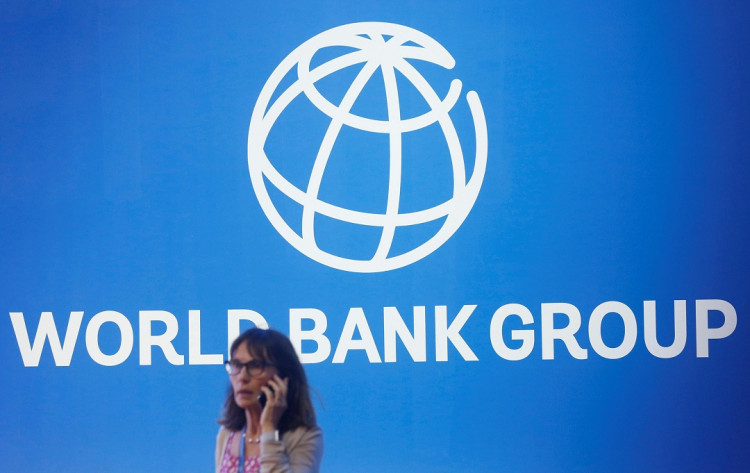The World Bank Group has committed 35% of its financing over the next five years to supporting the objectives of the 2015 Paris climate agreement and expects to complete this realignment by July 1, 2023,
World Bank President David Malpass said 85% of new investments by the International Finance Corporation and the Multilateral Investment Guarantee Agency would be aligned by this date, and 100% by July 1, 2025. Both IFC and MIGA are members of the World Bank Group.
In addition, Malpass pledged the World Bank's assistance to developing countries striving to achieve measurable reductions in greenhouse gas emissions. He also vowed to mobilize large-scale resources to aid the transition out of coal.
Malpass said these moves are part of the bank's new "Climate Change Action Plan" focused on taking urgent action to mitigate climate change. The new plan commits the bank to make financing decisions supporting efforts to limit global warming.
Malpass said 50% of the bank's climate financing would support climate adaptation and resilience. The bank will back transformative investments in energy, food systems, transport, and manufacturing. It will also significantly increase loans to countries seeking to transition away from coal.
"Our collective responses to climate change, poverty, and inequality are defining choices of our age," said Malpass.
He said the new plan emphasizes the need to "help countries maximize the impact of climate finance, with measurable improvements in livelihoods through adaptation, and measurable reductions in greenhouse gas emissions through mitigation."
He pointed out the bank has provided $83 billion in climate finance over the past five years. These huge sums reached their highest at $21.4 billion in 2020, and the new plan will see those levels increase even more.
The bank will adopt new metrics that facilitate a greater focus on reducing greenhouse gas emissions, adaptation, and resilience, and expand its climate diagnostics through new Country Climate and Development Reports.
The new plan builds on a major set of climate targets for 2021-2025 set in 2018. The old plan doubled the bank's five-year investments to $200 billion to encourage countries to take ambitious climate action as they battle climate change.
It significantly boosted support for adaptation and resilience measures, and recognized mounting climate change impacts on lives and livelihoods, especially in the world's poorest countries.
The $200 billion consists of $100 billion in direct finance from the World Bank and $100 billion of combined direct finance from IFC, MIGA and private capital mobilized by the World Bank Group.






